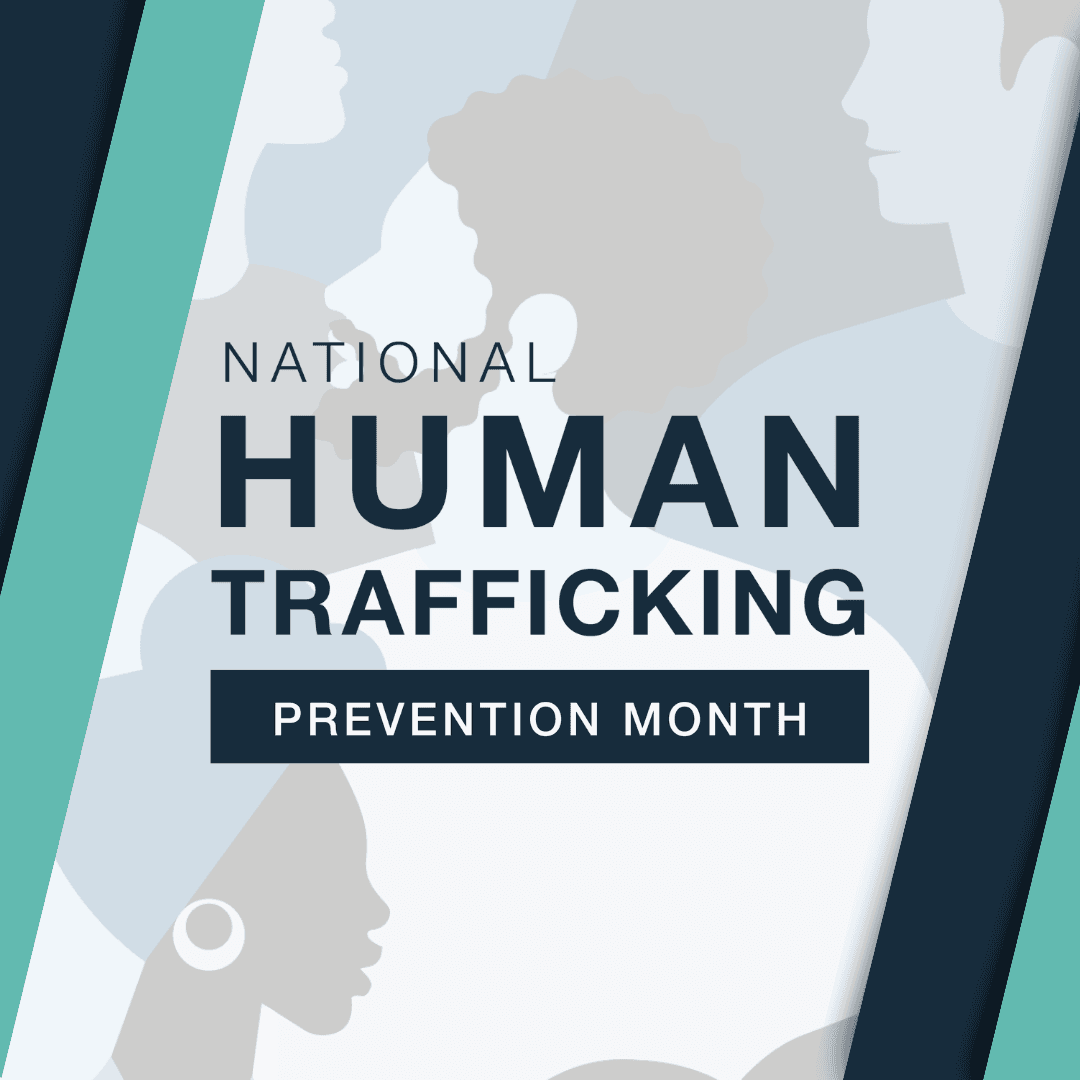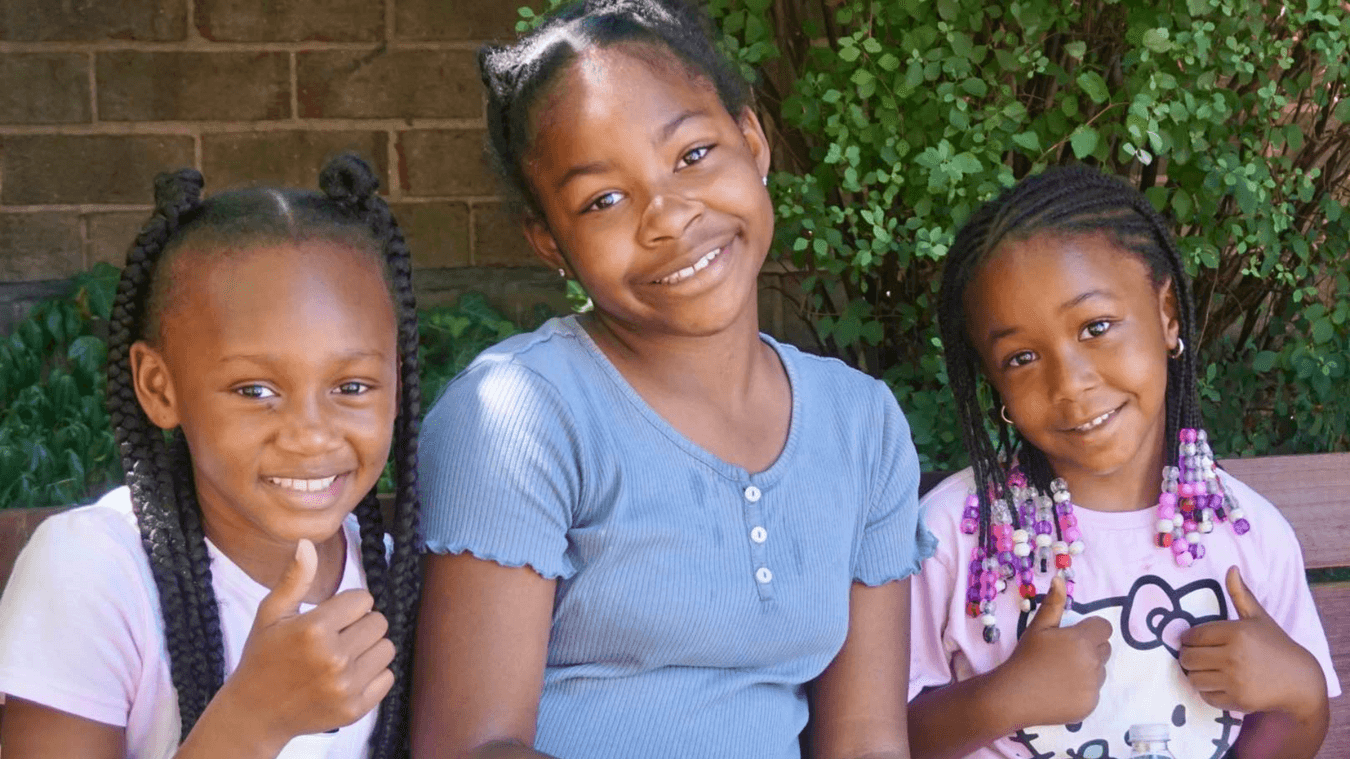
January is Human Trafficking Prevention Month. During the month, organizations, agencies, and individuals raise awareness, educate, and advocate to prevent human trafficking in the United States. What does this have to do with Playtime Project, and the children and families we serve?
Human trafficking is inextricably linked to homelessness and housing insecurity. Anyone can become a victim of human trafficking, but the chances are significantly higher for people with unstable family or housing situations. Risk factors include running away from home, homelessness, child welfare system involvement, and recent migration or relocation. Traffickers are skilled in identifying vulnerabilities and taking advantage of them to create a dependent relationship where child victims may not even know they are being exploited.
Playtime Project has sadly seen multiple cases of missing children who were in our programs. Perhaps the most well-known is Relisha Rudd, who went missing from the DC General Family Shelter in 2014. Despite being spotted on a motel security camera with a man who worked as a janitor at the shelter and later killed himself, Relisha has still has not been found. About a year and a half before Relisha was abducted, a 14-year-old child in our teen program also went missing from DC General. With a lot of collaborative advocacy between Playtime and local partners, she was found in a Los Angeles hotel and returned to DC after our volunteers raised money to fly her home. Playtime worked in coalition to strengthen laws and testified before DC City Council about how institutional neglect led to her disappearance. Most recently, in Prince George’s County, we are learning of ongoing instances of children going missing and eventually being found again from the housing complex that Playtime serves.
The National Center for Missing & Exploited Children (NCMEC) received more than 17,200 reports of child sex trafficking from all 50 U.S. States, Washington, D.C. and Puerto Rico in 2021 which included every type of community. Of the 25,000 children reported missing to NCMEC who had run away, 1 in 6 were likely sex trafficking victims. Traffickers target those who are vulnerable and isolated, so making true connections in your community gives vulnerable individuals a stronger safety net. For example, Play Ranger volunteers in our programs create bonds with children and their families. Many of our staff and volunteers stay in contact with families even after they have left Playtime programs, offering resources and friendship as families continue their journey to stability.
Nobody likes to think about the sexual exploitation of children, but these problems thrive in silence. The best way to prevent children from being victimized is to educate ourselves, our parents, our children, and our community to build a firewall of protection around our most vulnerable children.
What can you do to help?
1) Educate yourself
Learn to recognize the signs and types of trafficking, and what to do if you see the signs. Become familiar with national and local resources for survivors. Polaris Project offers a free Human Trafficking 101 training in English or Spanish online.
2) Follow and support reputable organizations and sources of information
Below is a list of reputable organizations and resources:
- National Center for Missing & Exploited Children: Child Sex Trafficking Overview
- Sex Trafficking in DC | Amara Legal Center
- FAIR Girls | Free – Aware – Inspired – Restored
- Courtney's House (Serving both DC and Prince George’s County)
Follow organizations and agencies on Facebook to learn who is missing in your community and help spread the word:
- Maryland State Police, Center for Missing and Unidentified Persons
- Metropolitan Police Department: Missing Persons
- Your local police department
- Black & Missing Foundation (Facebook page)
3) Take action and speak out
Stay up to date on the latest news. Share it widely while advocating for helpful reforms and/or advocating for survivors. Refer to the organizations above for opportunities to get involved.
Emergency Resources
- Call the National Human Trafficking Hotline at 1-888-373-7888, or text “Help” to 233733 (BeFree) if you or someone you know is a victim of human trafficking.
- National Center for Missing & Exploited Children CyberTipline or Call Center at 1-800-THE-LOST (1-800-843-5678)

